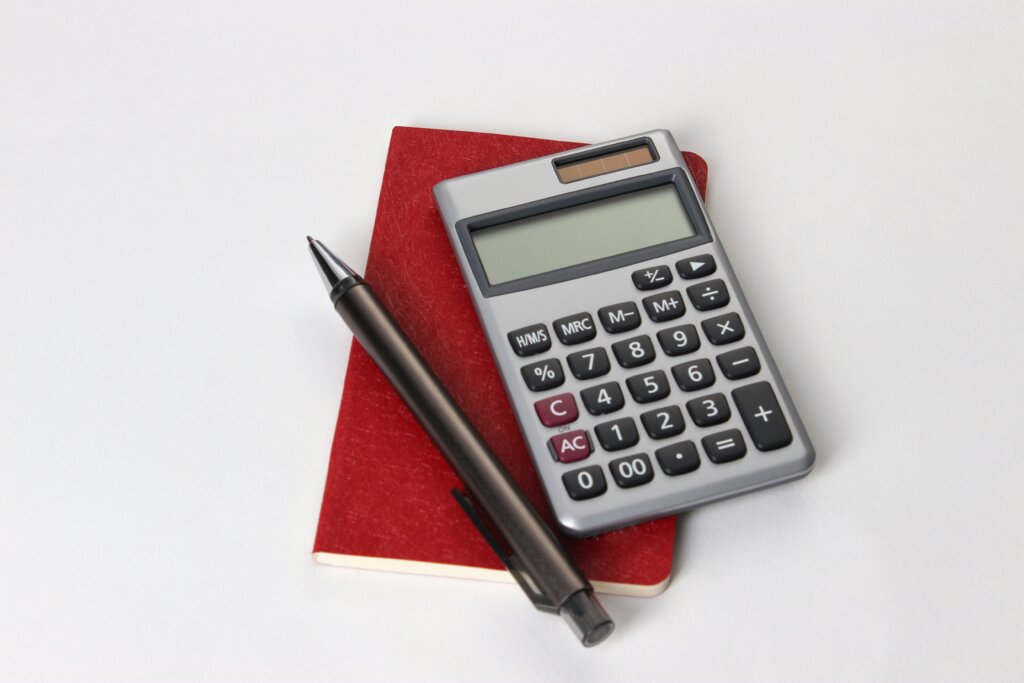As the 2025 tax season is upon us, it’s important to understand how your real estate transactions could affect your taxes—whether you bought, sold, or invested in property in 2024. Canadian homeowners, sellers, and investors can benefit from a few smart strategies to avoid surprises and maximize deductions.

Here are the key real estate tax tips to help you prepare for tax filing in 2025.
1. Did You Sell Your Principal Residence? Report It!
Since 2016, the CRA requires homeowners to report the sale of their principal residence, even though it’s typically tax-exempt under the Principal Residence Exemption (PRE).
🔍 Tip:
Failing to report the sale can lead to penalties—even if no taxes are owed.
What to Report:
- Year of purchase
- Sale price
- Property address
- Designation as your principal residence for all applicable years
2. Capital Gains on Rental or Investment Properties
If you sold a rental property, vacant land, or flipped a house, any profits are generally taxable as capital gains or business income, depending on the situation.
📊 Capital Gains Basics:
- 50% of the gain is taxable
- Deduct eligible expenses (legal fees, renovations, commissions)
🧾 Keep records of:
- Purchase and sale prices
- Renovation costs
- Mortgage interest (if it’s an investment property)
3. Claim Eligible Home Office Expenses
If you worked from home in 2024, you may be able to deduct home office expenses—especially if you’re self-employed or ran a business from home.
Eligible expenses may include:
- A portion of utilities
- Internet
- Rent or mortgage interest
- Maintenance and repairs
Note: The CRA ended the simplified flat rate method for 2023 and beyond—so you’ll need receipts and square footage calculations.
4. First-Time Home Buyer Tax Credit (HBTC)
If you bought your first home in 2024, you may be eligible for a $10,000 non-refundable tax credit, which translates to a $1,500 tax reduction.
✅ Eligibility:
- You didn’t own a home in the past 4 years
- You moved in within one year of purchase
5. Multigenerational Home Renovation Tax Credit (MHRTC)
Did you renovate your home in 2024 to accommodate a senior or disabled family member? You may qualify for the Multigenerational Home Renovation Tax Credit, worth up to $7,500.
🛠️ Eligible renovations include:
- Building a secondary suite
- Adding accessible entrances
- Modifying bathrooms or kitchens
6. GST/HST Rebates for New Builds or Renovations
If you bought a newly built home or did substantial renovations in 2024, you may be eligible for a GST/HST new housing rebate.
🏗️ You must:
- Be the primary resident
- Keep detailed records of construction or renovation costs
- Apply within 2 years of completion
7. Rental Income Must Be Reported
If you earned any rental income, it must be declared on your tax return. You can deduct eligible expenses such as:
- Property taxes
- Utilities
- Insurance
- Repairs
- Depreciation (Capital Cost Allowance)
⚠️ Pro Tip:
If you rented out part of your principal residence, you may lose part of your capital gains exemption when selling. Plan ahead with your accountant.
Final Thoughts
Real estate can be a major financial milestone—but it comes with tax responsibilities. Whether you sold your home, rented out a basement suite, or flipped a property, being proactive now can help you save money (and stress) come tax time.
If you’re unsure how your real estate activity affects your taxes, consult a tax professional. A little planning today can lead to big savings tomorrow.
🏡 Want to sell your home fast in 2025?
At SLG Home Buyer, we help homeowners sell quickly and easily—no agents, no commissions, no stress. Whether you’re facing foreclosure, relocating, or just want a fast cash offer, we’ve got your back.
📞 Contact us today for a free, no-obligation offer!
